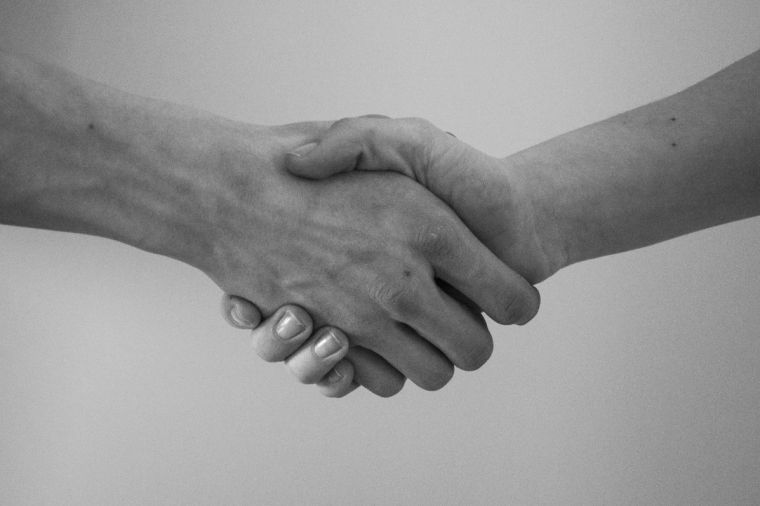4 things we often forget about forgiveness

Until we're confronted with a situation where we have to forgive someone who has significantly betrayed our trust or caused great harm to us physically or emotionally, forgiveness can seem like a piece of cake. But in reality, it requires us to do far more than simply saying "I forgive you", and even those three words can prove difficult to say.
A pastor whose pregnant wife was murdered during a home burglary last year has referred to forgiveness as a daily decision. In response to a question about whether he had forgiven those who murdered his wife and unborn child, Pastor Davey Blackburn said that although he'd forgiven them, he would have to wake up the next morning and "choose to forgive again".
Pastor Blackburn's admission reminds us that forgiveness isn't a one hit wonder. But what are some of the others things that we often forget about forgiveness?
It's a choice
No one can force you to forgive and it's not an act that you involuntarily commit. True forgiveness has to be a autonomous choice, one that you make because you accept and understand that God has graciously forgiven you. This is one of the things that makes forgiveness so difficult. It's not automatic, someone else can't do it on our behalf and we have to make a decision to abandon the pursuit of other tempting options like revenge and punishment.
Once may not be enough
There will be times in our lives when we're called to forgive the same person multiple times, something Jesus instructed us to do (Matthew 18:21-22). This can apply to instances when the sin against us is one that has affected us considerably, or when they repeatedly sin against us. It's important that we think of forgiveness as a process and not a knee-jerk reaction to the wrongs committed against us.
We need to be clear about what we're forgiving
Forgiveness isn't about minimising the sinful acts committed by someone else, it's about demonstrating God-like love and relinquishing the power that holding a grudge has over us and others. Because of this, it's vital that we recognise the behaviour that has prompted us to choose to forgive. Ignoring the fact that a friend has treated us unfairly doesn't erase what they've done or equate to forgiveness.
Honesty is key
In the same way that no one can force us to forgive, we also can't force ourselves. Reaching the point when we really forgive someone can take time. While we shouldn't pressure ourselves to express that we forgive before we're ready, working towards this goal by honestly expressing our emotional response to what's happened, being open about how tough it is for us and praying for the strength to forgive can all help make the pathway to peace possible.











